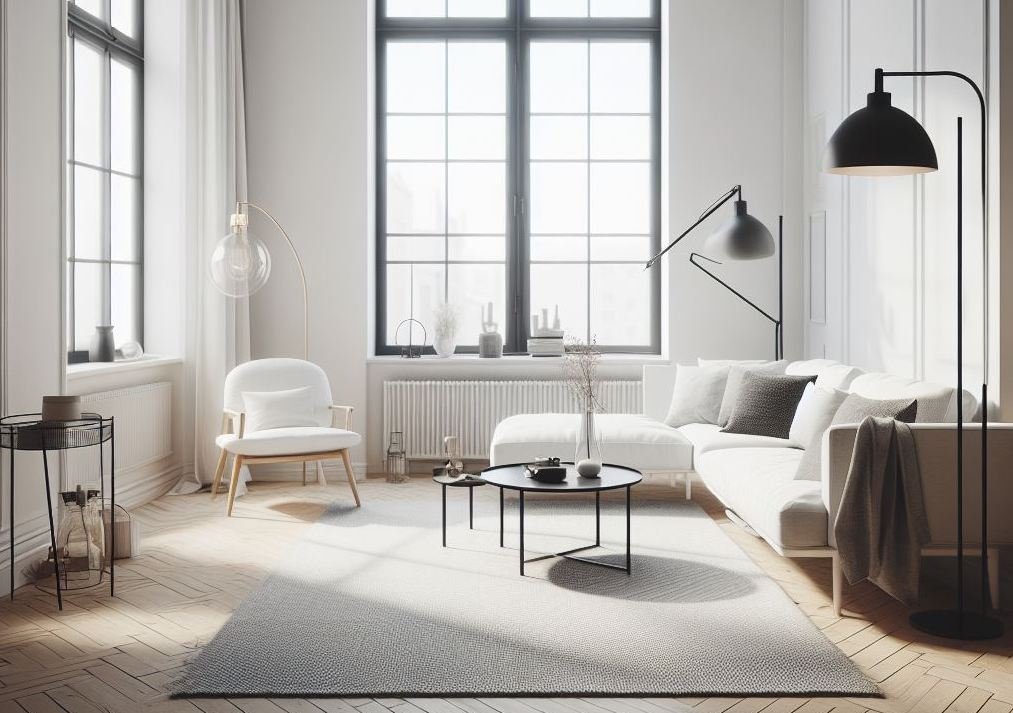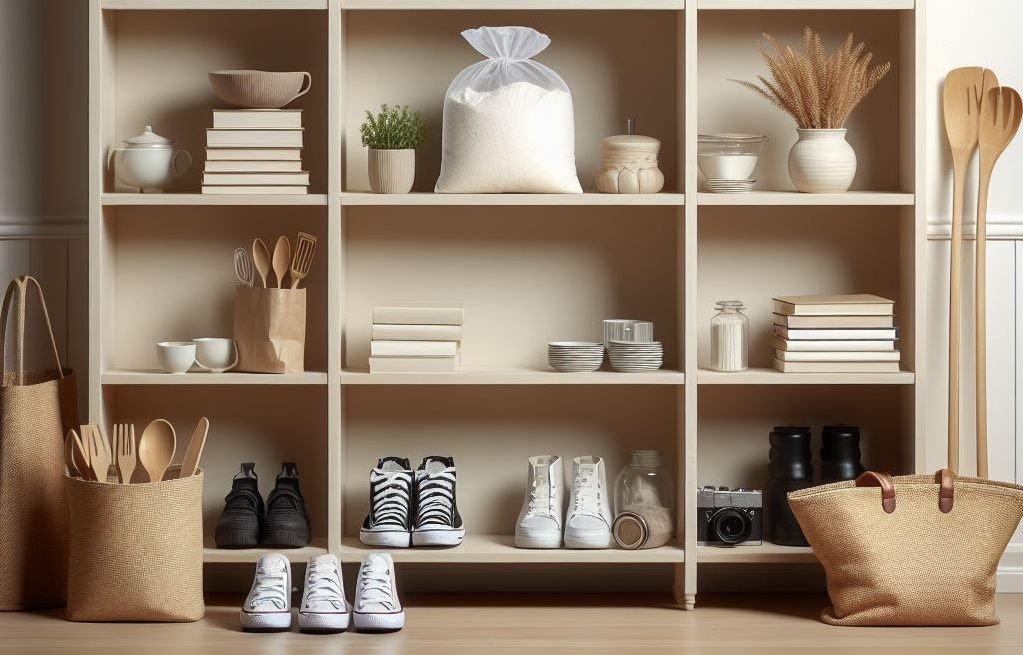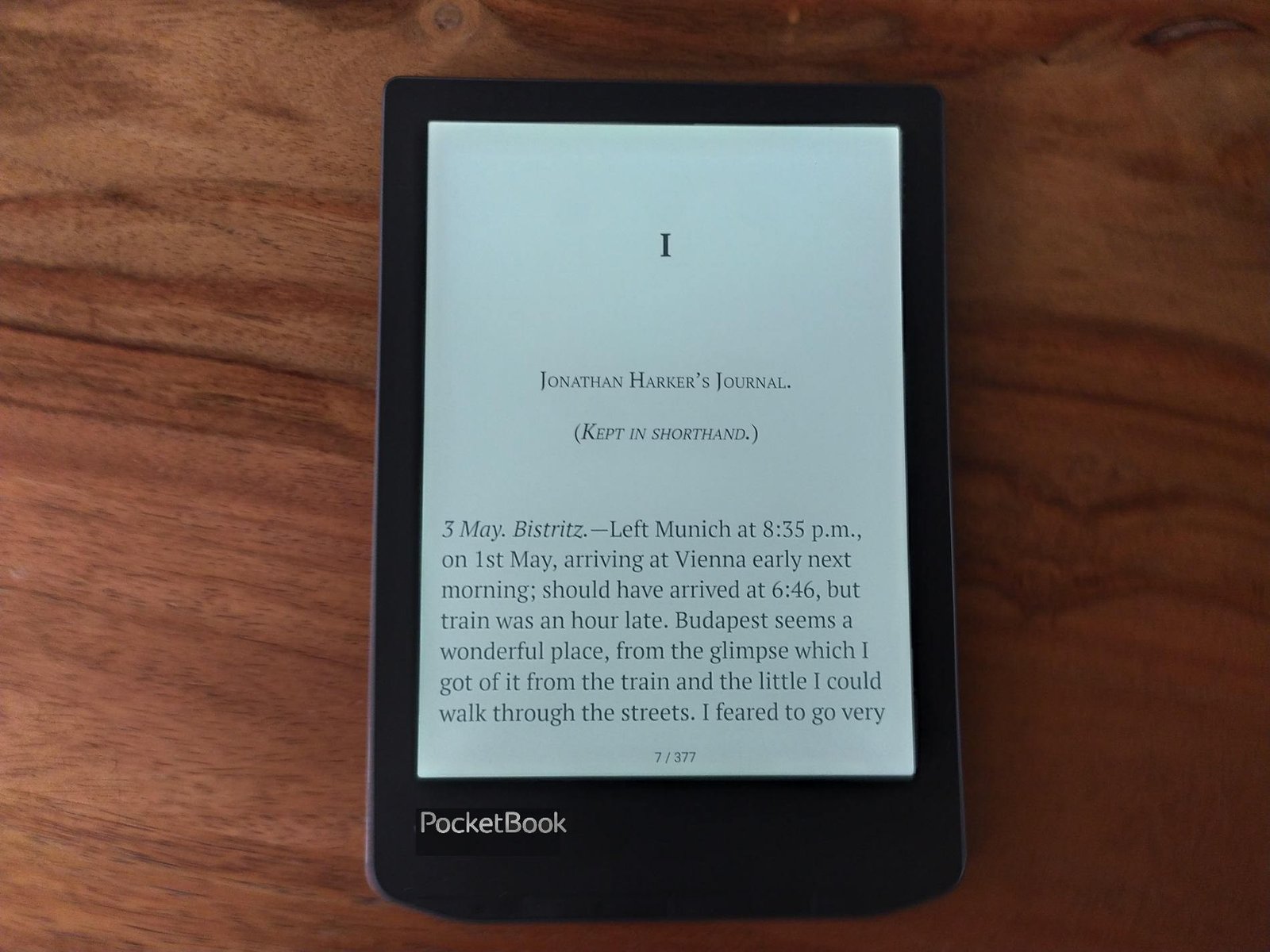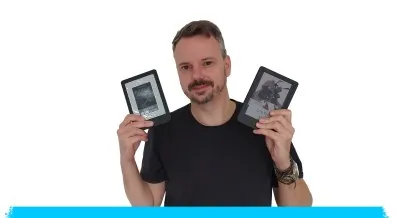
People are drawn to minimalism for a variety of reasons, often seeking a more intentional and fulfilling life. But what do minimalists do with books?
Not reading is out of the question, because reading has many benefits. The question of paper books still arises when you want to reduce your possessions.
First of all, let's start with a few definitions.
Why anyone would want to become a minimalist?
People are drawn to minimalism for a variety of reasons:
Reduced stress and anxiety: Clutter, both physical and mental, can contribute to feelings of stress and overwhelm. Minimalism encourages decluttering physical possessions, leading to a calmer and more organized living space. This can have a positive impact on mental clarity and reduce overall stress levels.
Greater freedom and time: Owning less means spending less time cleaning, organizing, and maintaining possessions. This frees up valuable time and energy that can be used for more fulfilling activities, hobbies, and relationships. Minimalism also often translates to simpler routines, allowing for more flexibility and spontaneity.
Financial benefits: By focusing on needs over wants and reducing impulse buying, minimalism can lead to significant financial savings. This can free up resources for things that truly matter, such as experiences, travel, or supporting causes you care about.
Environmental concerns: Minimalism promotes mindful consumption and reducing waste. This aligns with environmental consciousness, as it encourages people to buy less, use what they have responsibly, and extend the lifespan of their belongings.
Intentionality and focus: Minimalism encourages living with intention, surrounding yourself with things that truly serve a purpose and bring you joy. This can lead to a greater sense of focus and clarity in life, allowing you to prioritize what matters most.
Personal fulfillment: Ultimately, minimalism is a personal journey towards a more fulfilling life. It's not just about owning less, but about living more intentionally and finding joy in experiences and relationships rather than material possessions.
If you want to know more about minimalism, you can read this good blog.
What do minimalists do with books?

While the advantages of reading are undeniable, the desire to declutter can make holding onto physical books a tough call.
Here are some common strategies if you want to become a minimalist:
Curating a physical book collection
- Keep only books that hold significant value: This could be due to sentimental attachment, reference value, or being a personal favorite they plan to reread.
- Limit the number of books kept: This is a personal decision, but minimalists often have much smaller collections compared to the average person.
- Prioritize high-quality editions: If keeping physical books, minimalists might prioritize well-made, durable editions that they appreciate aesthetically as well.
- Selective buying and selling: Minimalists might only buy new books they are highly committed to reading and sell or donate books they've finished or no longer need.
- Utilizing libraries: Borrowing books from the library is a great way to access a vast selection without adding to personal possessions.
Embracing ebooks and e-readers

E-readers allow minimalists to carry a large library with them without physical clutter. They can also borrow ebooks from libraries.
Benefits of e-readers for minimalists
Here are the pros of using a e-reader when you're a minimalist:
- Reduced physical clutter: Replacing physical books with an e-reader significantly reduces physical clutter in your home. This can lead to a more organized and peaceful living space, which is a key aspect of minimalism.
- Increased portability: E-readers are lightweight and compact, allowing you to carry a vast library of books with you wherever you go. This eliminates the need to choose between bringing your favorite book and saving space in your bag.
- Environmentally friendly: While the production of e-readers does have an environmental impact, studies suggest that over their lifetime, they can be more eco-friendly than printed books, especially when considering factors like paper production, transportation, and potential for book waste.
Concerns of e-readers for minimalists
Here are the cons:
- The "feel" of physical books: Some readers value the tactile experience of holding a physical book and turning its pages. You can't have the same feeling with an e-reader.
- Eye strain: If you use an e-reader with a light, some people can have eye strain from prolonged e-reader use. If it is your case, you should adjust screen brightness, using nighttime mode, and taking breaks every two or three hours.
Which e-reader should I buy as a minimalist?
On the site, you'll find a wealth of information about e-readers to help you find the one that's right for you:
If you liked this article, consider sharing this page on social network or to someone that could benefit from the information.








